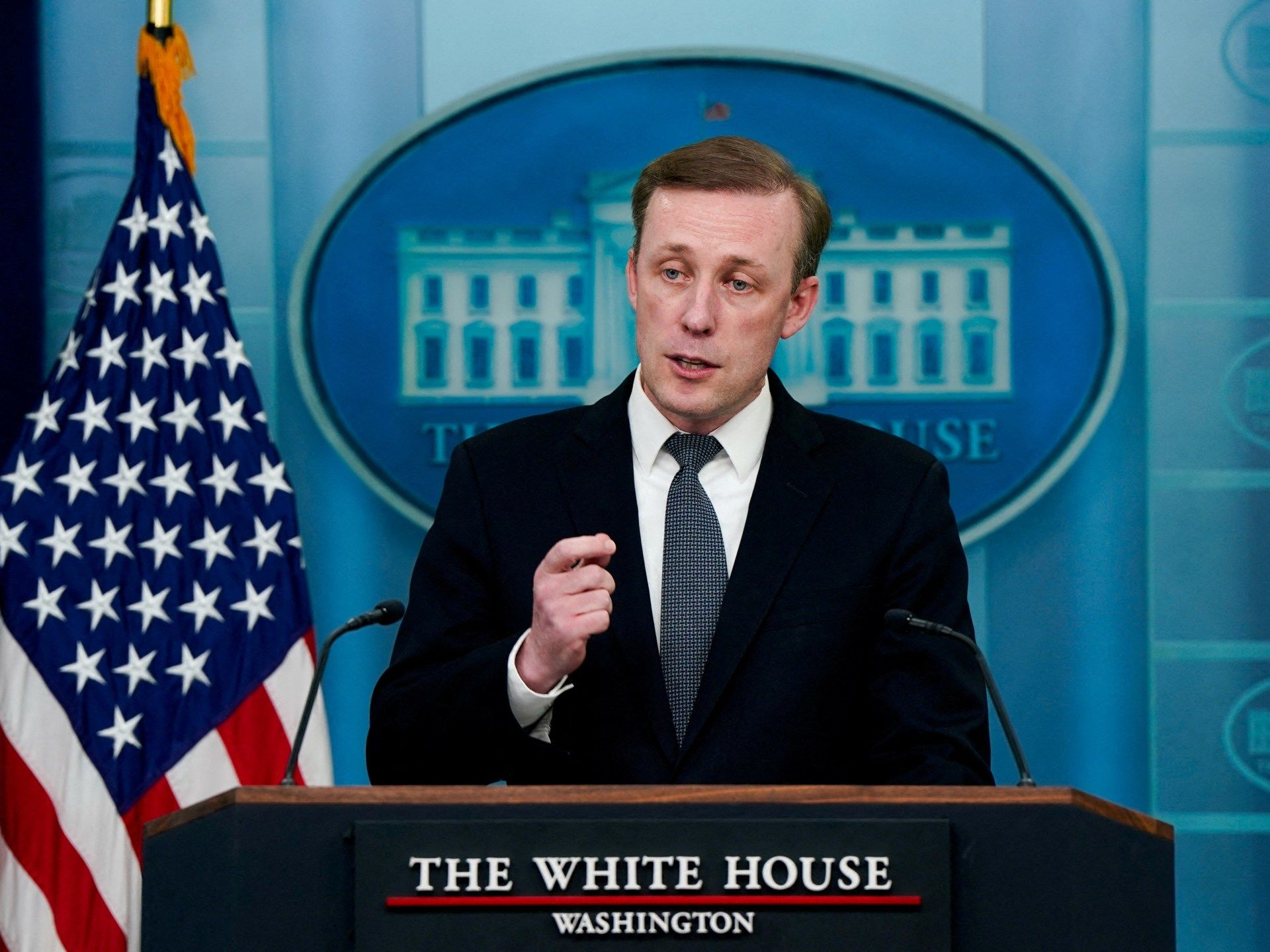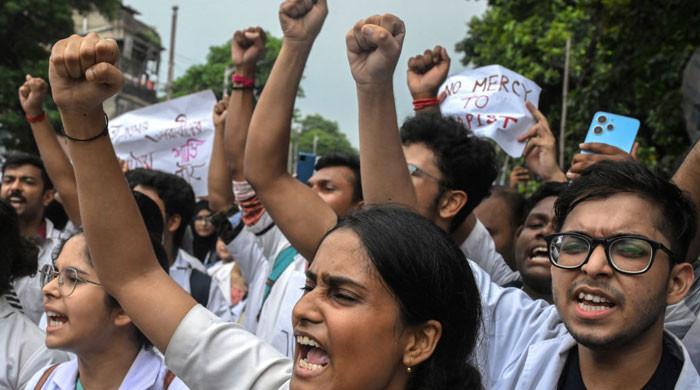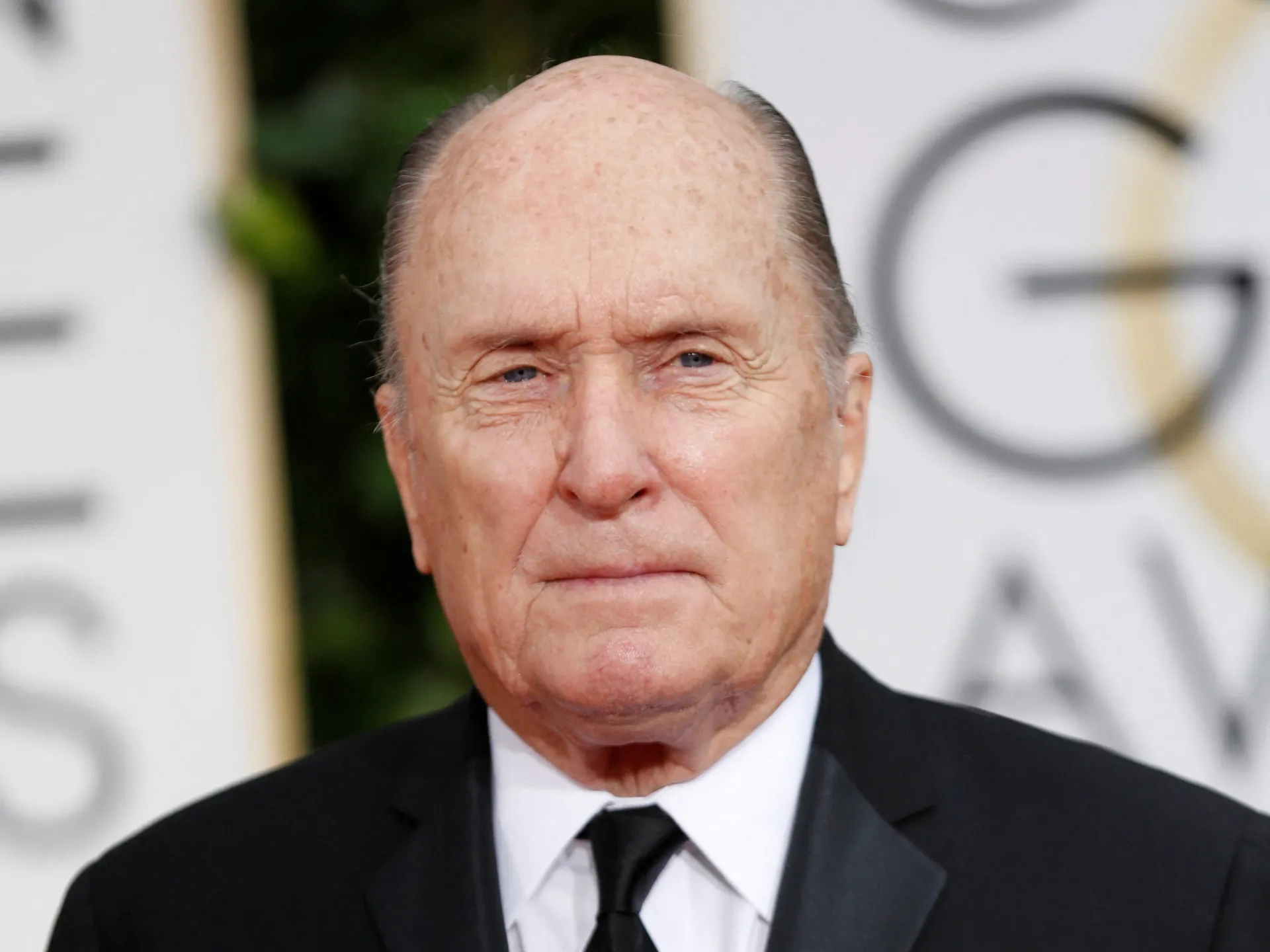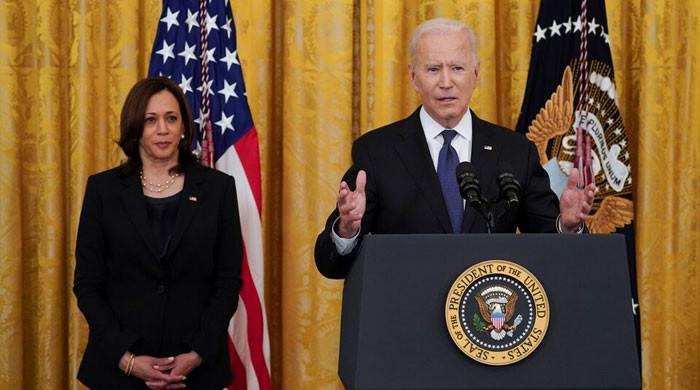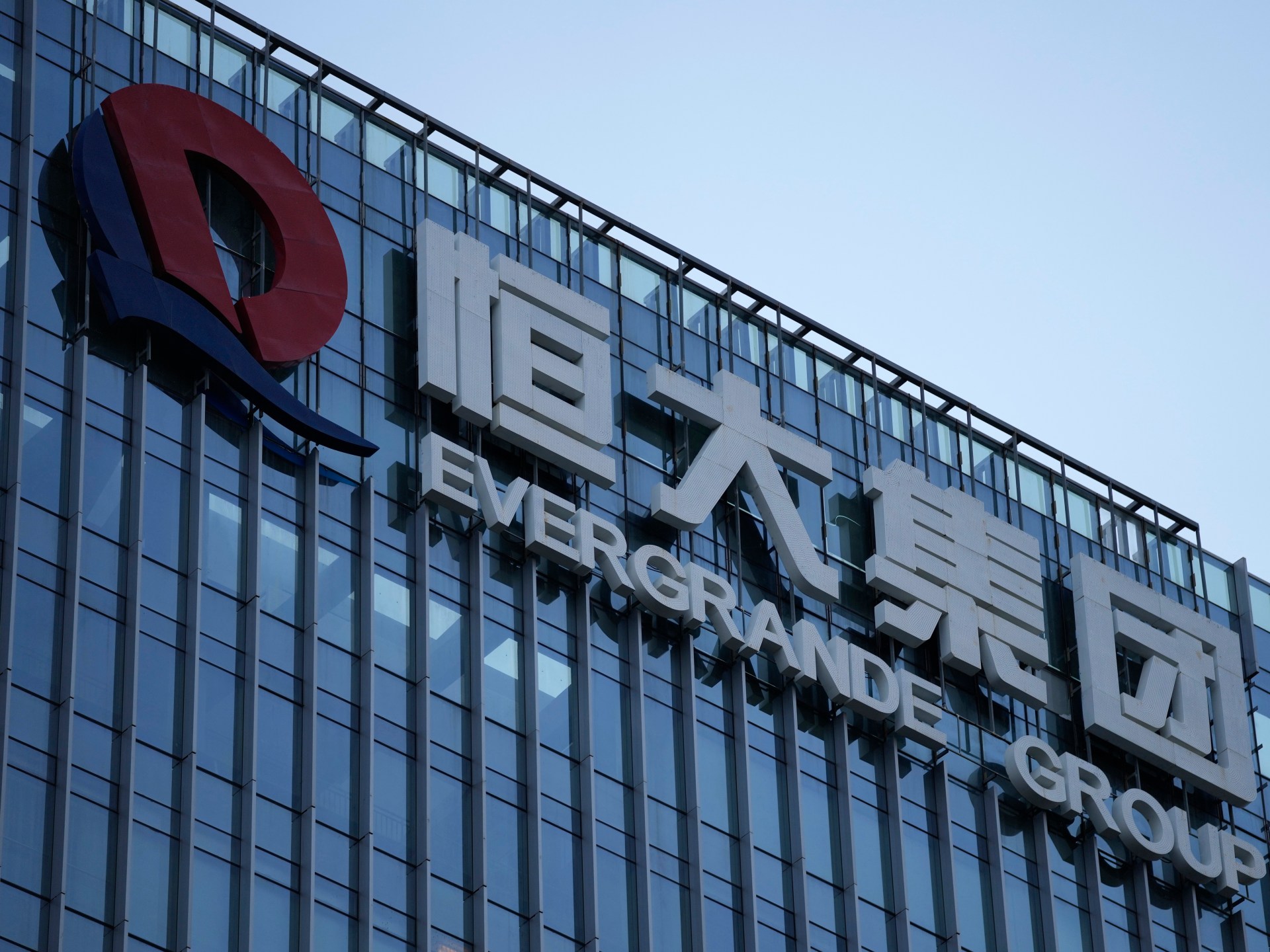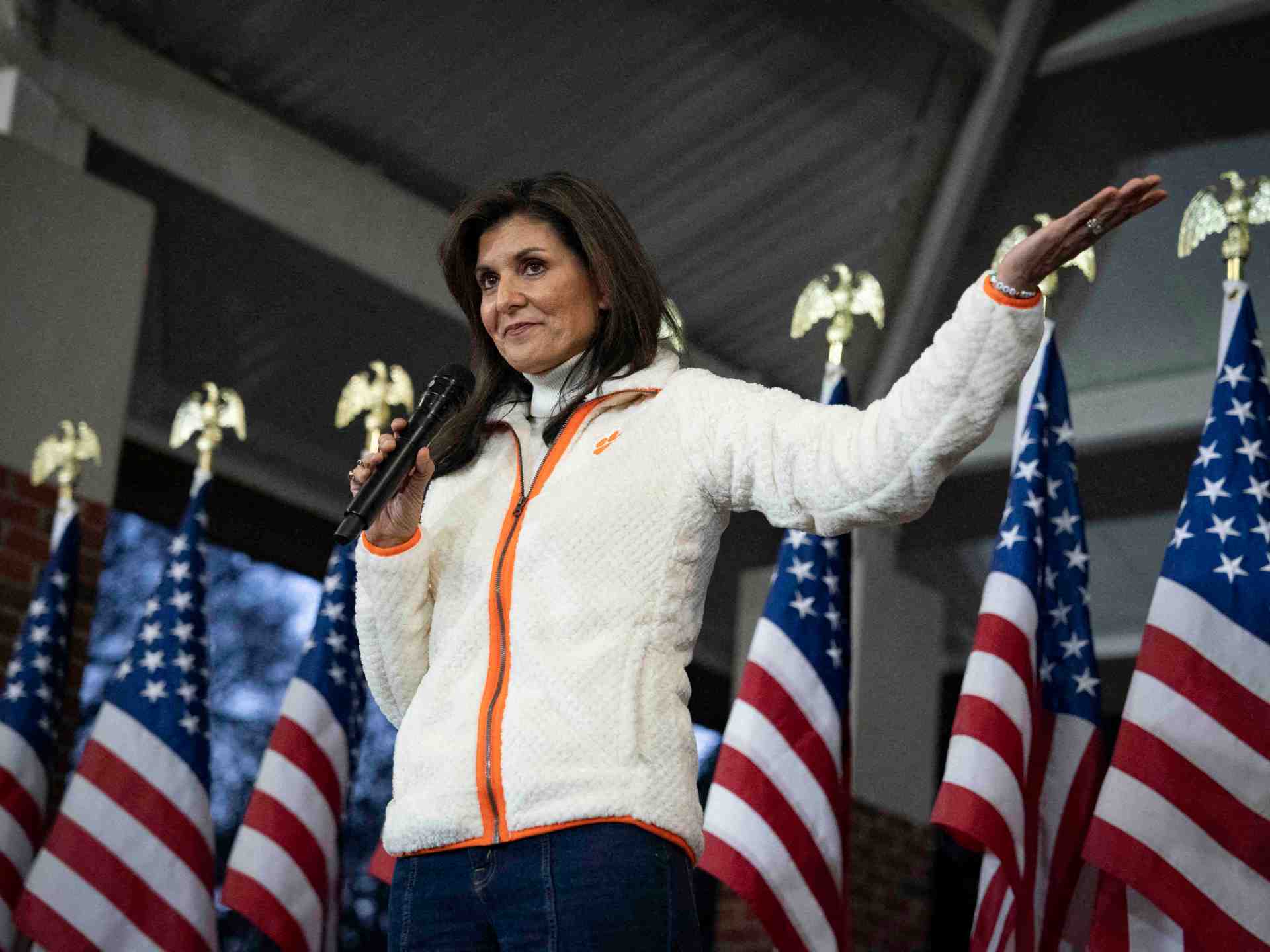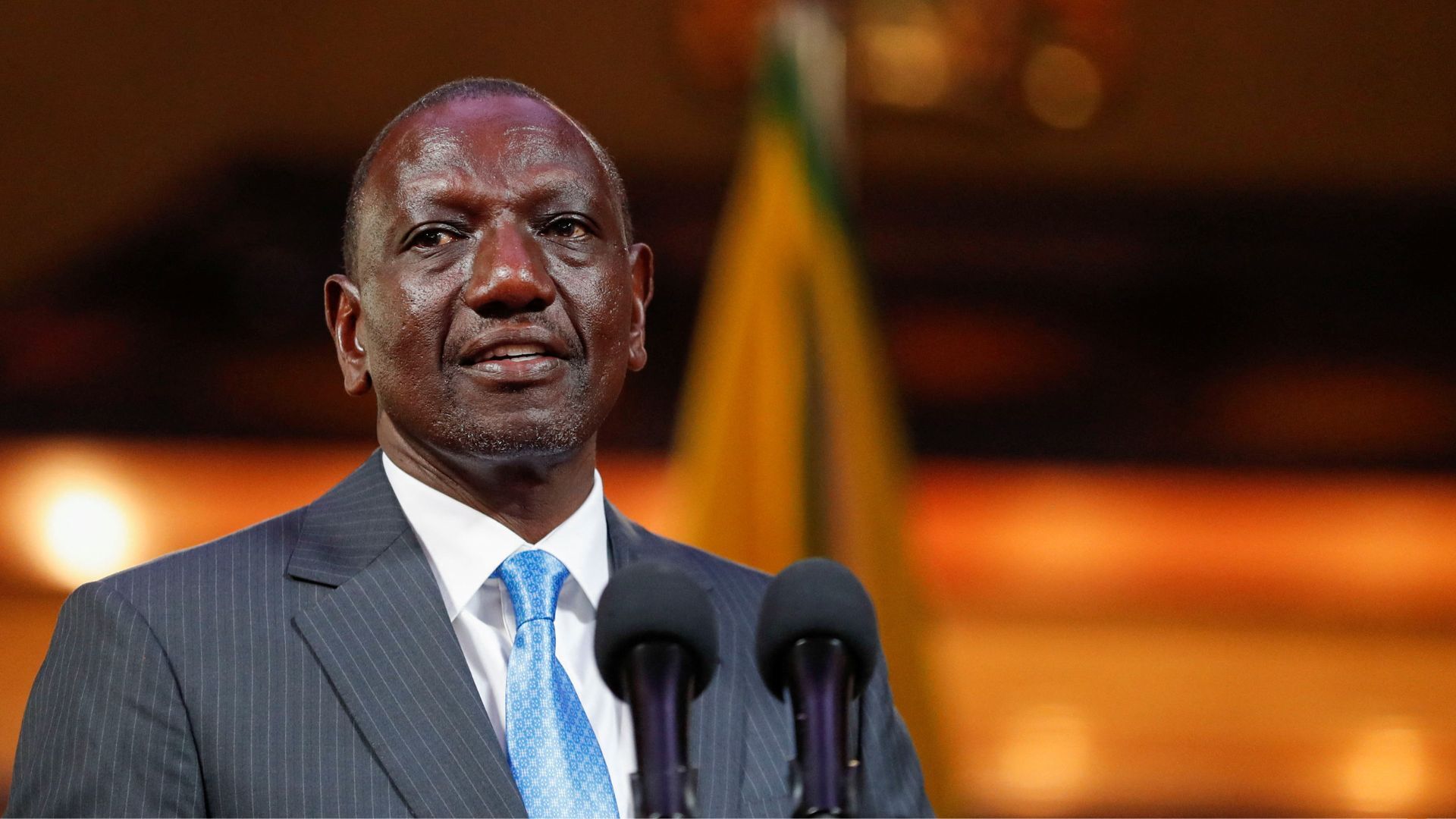The national security adviser will be in Beijing from Tuesday to Thursday, seeking to improve relations between the United States and China.
The White House has announced that National Security Adviser Jake Sullivan will travel to China to meet with Foreign Minister Wang Yi in a fresh attempt to manage tensions months before the US election.
Sullivan will visit Beijing from Aug. 27 to 29, marking the first visit by a U.S. national security adviser since 2016. However, other senior U.S. officials, including Secretary of State Antony Blinken, have visited the country in the past two years.
A senior U.S. official told reporters Friday that the trip does not signal any softening of President Joe Biden's approach toward China and that his administration will continue to believe that “this is an intensely competitive relationship.”
“We are committed to making the investments, strengthening our alliances and taking the common step on technology and national security that we need to take,” the official said, referring to the broad restrictions on U.S. technology transfers to China imposed under the Biden administration.
“However, we are committed to managing this competition responsibly and to preventing it from leading to conflict.”
Relations between China and the United States have been turbulent in recent years. The two countries have clashed over their economic ambitions, and incidents such as the US shooting down of a suspected Chinese surveillance balloon last year further fueled tensions.
U.S. House Speaker Nancy Pelosi's visit to Taiwan in 2022, for example, prompted a rebuke from Beijing, which viewed her trip as an endorsement of the island's sovereignty claims.
In April, Chinese President Xi Jinping told Secretary of State Blinken that the two superpowers “should be partners rather than rivals” and should help each other succeed rather than hurt each other, according to China’s state-run Xinhua news agency.
Blinken raised the issue of “Chinese support for Russia’s defense industrial base,” and both leaders agreed that Washington and Beijing still had issues to resolve.
On Friday, the U.S. official told reporters that Sullivan would reiterate his concerns about China's support for Russia as the latter carries out a major expansion of its defense industry amid its invasion of Ukraine. Beijing has repeatedly said it does not provide arms directly to either side.
Sullivan will also discuss North Korea and the Middle East with Wang, where China has criticized U.S. support for Israel and Washington has urged China to rein in Iran.
Sullivan's visit comes just months before the US general election in November, in which Vice President Kamala Harris is running to succeed outgoing President Biden.
If she wins, Harris is expected to continue to seek dialogue with China while keeping up the pressure. On Thursday, she briefly addressed China in a speech accepting the Democratic Party's nomination for president.
“I will ensure that we lead the world into the future in space and artificial intelligence, that America, not China, wins the race for the 21st century, and that we strengthen, rather than abdicate, our global leadership,” he said at the Democratic National Convention.
Meanwhile, his Republican rival Donald Trump has, at least rhetorically, pledged to take a tougher line on China, and some of his advisers foresee a far-reaching global confrontation.

